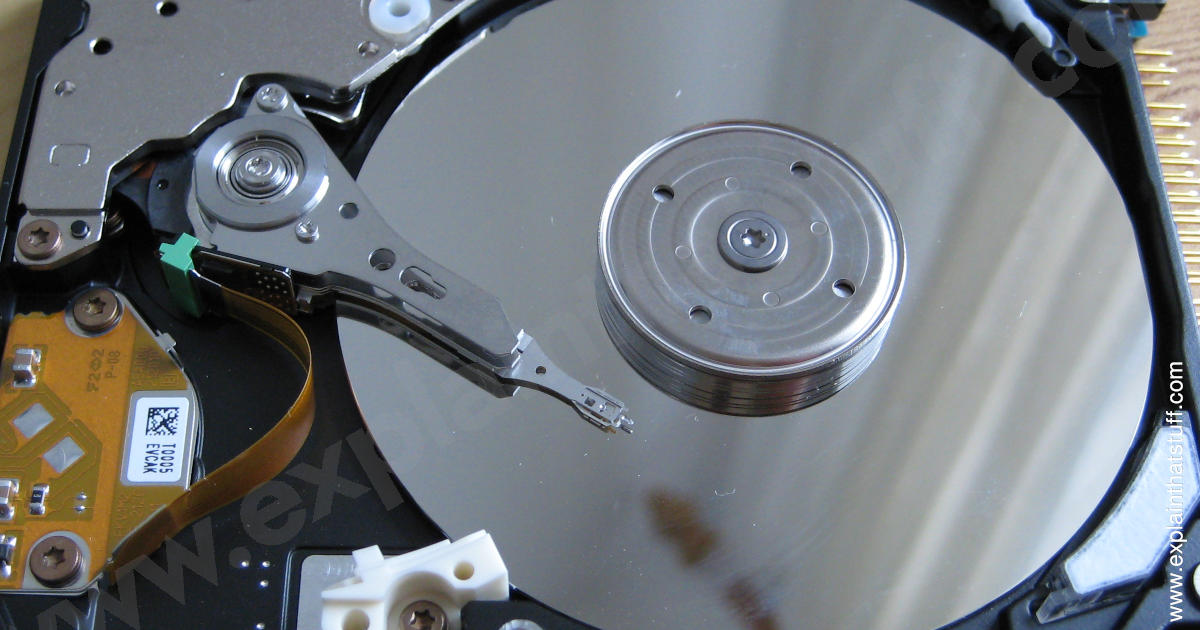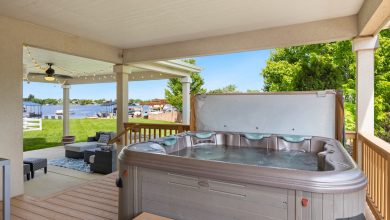
What You Need to Know Before and When Buying a Hard Drive
Hard drives die all the time, and when they do, you need to buy a new one. It might take several years for one you bought to die, but it will happen. Buying a hard drive can seem like a straightforward process, but it is not always so easy. In this article, we provide guidelines for what you need to know to avoid confusion and buying the wrong hard drive.
Hard Disk Drives Vs. Solid-state Drives
Hard drives use spinning disks, while solid-state drives use flash memory to store data. SSDs are generally faster than HDDs, but HDDs are typically cheaper for each gigabyte of storage in the drive. SSDs also consume very little power due to not having moving mechanical systems. For this reason, they are well suited for laptops where conserving power is a concern.
If money is a limiting factor, there is no problem with going with a hard disk drive. Just ensure you get one from a reputable manufacturer. Also, do not forget to check the drive’s speed. While it will likely not be as fast as an SSD, a hard drive with higher RPMs is preferred. Many manufacturers now sell high RPM HDDs, and you can even purchase them with the PC you buy. Lenovo gaming pc HDD options perform well under normal circumstances.
If you read and write a lot of files all the time, it would be better to get an SSD due to its speed.
Sizes and Interfaces
There are two drive sizes to pick from: 3.5 inches and 2.5 inches. HDDs tend to be 3.5 inches due to the spinning disks and head needing the space. Laptops typically take 2.5-inch drives, whether SSDs or HDDs. If you happen to buy a 2.5-inch drive for your desktop, you can purchase adapters that will help you mount it in a 3.5-inch slot. However, laptops that are built with a 2.5-inch drive in mind will not accept a 3.5-inch drive because there is no space for it.
Specs and Performance
Because of the sheer number of drive manufacturers, specifications and performance vary wildly between drives from different manufacturers. This is even before we start looking at different models. To keep things simple, we will be talking about general specs and performance.
The first spec is the capacity. HDDs typically have capacities of up to 20 TB, but you can find professional drives with up to 30 TB capacity. SDDs typically hold 5 to 10 TB of data.
The second spec is speed. For both SSDs and HDDs, you can look at the transfer speed to get a sense of how fast the drive is. For a hard drive, you also have to consider its RPM.
Third, we have the cache. This is a buffer for data that holds a certain amount of data as it is being transferred to the drive. A cache can make a drive feel faster.
Keeping the things we have discussed above in mind when purchasing a hard drive will help you find the right one for your laptop or desktop. Take your time and do some comparison shopping before you part with any money.
Apart from this, if you are interested to know more about 7 ways a recruitment system helps you work smarter then visit our Featured category.




